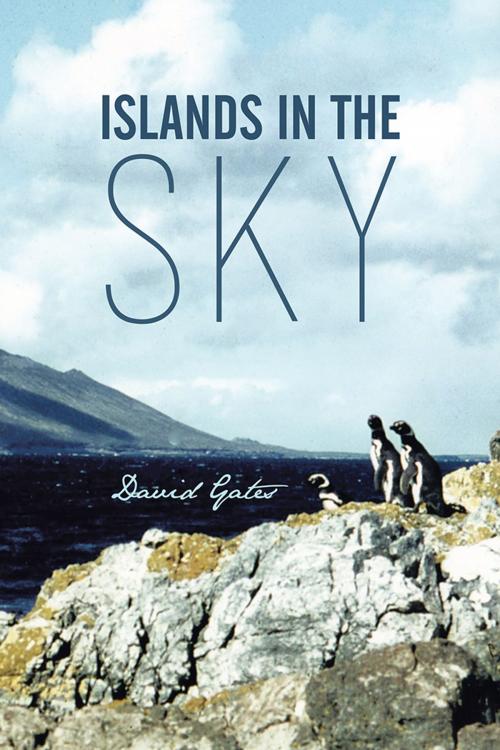| Author: | David Gates | ISBN: | 9781491800355 |
| Publisher: | AuthorHouse UK | Publication: | September 9, 2013 |
| Imprint: | AuthorHouse UK | Language: | English |
| Author: | David Gates |
| ISBN: | 9781491800355 |
| Publisher: | AuthorHouse UK |
| Publication: | September 9, 2013 |
| Imprint: | AuthorHouse UK |
| Language: | English |
The Falklands, at the time of this story, were a little known group of islands miles away from anywhere that most people hadnt even heard of. Of course, nearly everyone has now heard of them and most even have a good idea where they are. Back in the late 60s and early 70s they were a sleepy spot on the map where nothing much happened. They didnt bother anyone and no-one bothered them. For two hundred years nothing much had changed in that respect and the modern world had only just begun to impinge on the islanders way of life. There was no TV and, of course, no internet. Telephone communications to Home, as the UK was called, were limited to a few minutes per day when a particular satellite passed by and then only from a special room in Port Stanley, its capital. The author was pitched into a way of life that was completely unlike anything most Brits ever experience and this book describes his struggle to adapt to a new way of life at the same time as learning how to teach in extraordinary circumstances. The things that happened to him were unusual, often very funny (in retrospect) and his story gives the reader a unique insight to the Falklands at that time, the place and its people. The islands have, of course, changed dramatically since the war of 1982 and the advent of fishing licences, tourism and, latterly, oil exploration have had a major impact, not to mention the presence of thousands of military personnel. The sovereignty row with Argentina rumbles on and the islanders future has a dark cloud looming over the horizon. It is in the hands of politicians outside of their homeland. This book depicts an altogether more innocent, unspoilt and peaceful time.
The Falklands, at the time of this story, were a little known group of islands miles away from anywhere that most people hadnt even heard of. Of course, nearly everyone has now heard of them and most even have a good idea where they are. Back in the late 60s and early 70s they were a sleepy spot on the map where nothing much happened. They didnt bother anyone and no-one bothered them. For two hundred years nothing much had changed in that respect and the modern world had only just begun to impinge on the islanders way of life. There was no TV and, of course, no internet. Telephone communications to Home, as the UK was called, were limited to a few minutes per day when a particular satellite passed by and then only from a special room in Port Stanley, its capital. The author was pitched into a way of life that was completely unlike anything most Brits ever experience and this book describes his struggle to adapt to a new way of life at the same time as learning how to teach in extraordinary circumstances. The things that happened to him were unusual, often very funny (in retrospect) and his story gives the reader a unique insight to the Falklands at that time, the place and its people. The islands have, of course, changed dramatically since the war of 1982 and the advent of fishing licences, tourism and, latterly, oil exploration have had a major impact, not to mention the presence of thousands of military personnel. The sovereignty row with Argentina rumbles on and the islanders future has a dark cloud looming over the horizon. It is in the hands of politicians outside of their homeland. This book depicts an altogether more innocent, unspoilt and peaceful time.















